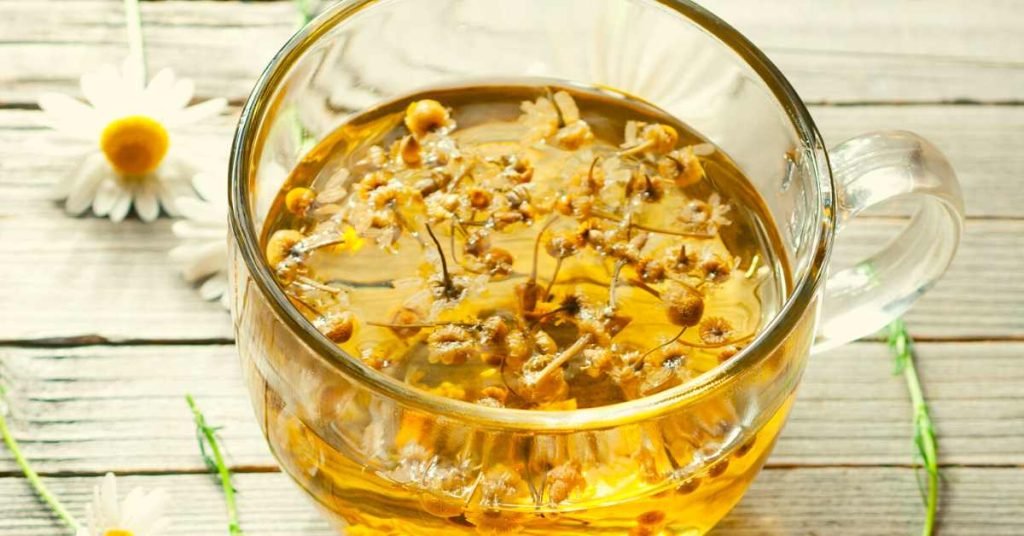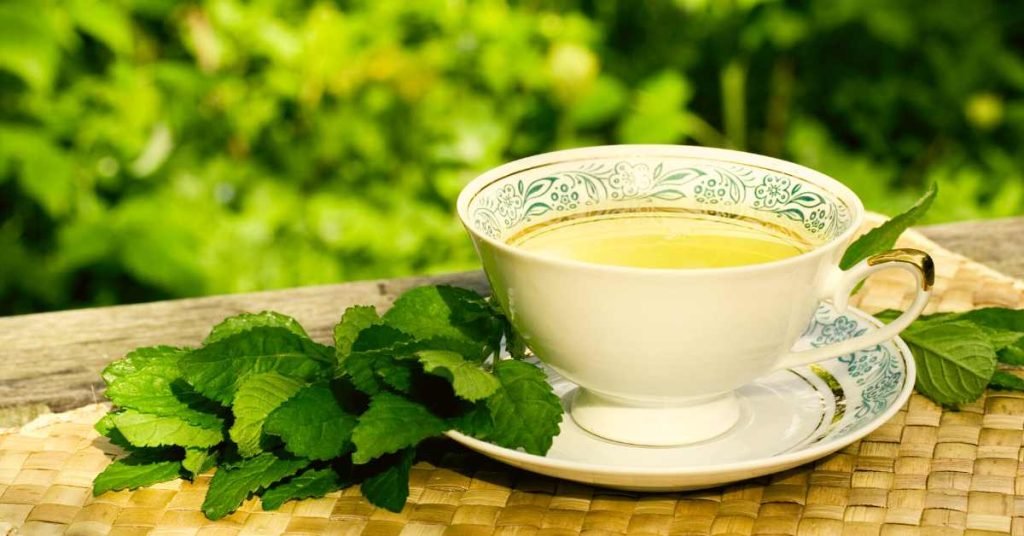Drinking a tea infusion after eating is the best way to ensure relaxed digestion without discomfort.
This natural drink improves the digestive process and thus contributes to overall well-being.
Infusions contain substances such as theine (some of them, of course), which accelerates the metabolism and makes digestion not only lighter but also with less flatulence, less gas, less acidity, and less bloating or abdominal pain.
Tips for Good Digestion
To have a relaxed digestion you have to have a calm meal.
The first thing to do (although it may seem obvious, it is often not done) is to eat sitting down and have a minimum of time to eat.
Sometimes it is not easy because work or other situations do not allow it, but we must be aware that the food and how we make it is the basis of our health.
Once seated at the table, it is necessary to chew slowly so that the food mixes with the enzymes of the saliva and it is necessary to crush them well so that they arrive at the stomach in the smallest possible size, thus, it will facilitate the digestion, which will take place more quickly.

If digestion takes place slowly, the body will have to consume more energy and this will make us feel more tired and with heaviness in the stomach.
For easy digestion, meals should be eaten at the same time every day, as far as possible. Specialists in nutrition affirm that lunch should be between 12.00 and 14.00 hours, while dinner should not be in any case after 20.00 hours.
The latter, in our country, is almost unthinkable, but even if you cannot have dinner early, you can try to have lunch at the time stipulated by the specialists. That is something.
Drink small amounts of liquid during meals and do not use straws as this increases the possibility of swallowing air.
Also, from this foundation it is recommended not to eat too large or heavily seasoned meals and, when cooking, avoid fats by preparing boiled, boiled, poached food…
Tea Infusions for After Meals
Finishing meals with an infusion that facilitates digestion is the best way to prevent problems.
Natural plants such as fennel, ginger, anise, black tea, chamomile, pennyroyal, lemon verbena, or boldo are indispensable allies in avoiding digestive problems.
Fennel, Ginger, Chamomile

There are times when even if you take the necessary precautions, you can not avoid uncomfortable digestion.
For these cases and in general, to take after all meals, we must resort to the use of infusions. These natural plants have been used since ancient times to prevent and improve all kinds of stomach ailments.
In case of heavy digestion and even stomach upset, it is necessary to ingest fennel infusion. This wild plant is the perfect infusion for gas, it also helps to reduce gas, flatulence, meteorism, and gastrointestinal spasms.
Fennel (Foeniculum vulgare), from the Umbelliferae or Apiaceae family, was already used by the inhabitants of Ancient Greece to benefit from its properties.
Fennel contains phytosterols, essential oils (anethole, estragole, limonene), fiber, mineral salts (calcium, potassium, phosphorus, and magnesium), and also vitamins such as A and B3.
Another beneficial natural plant for the case in question is ginger (zingiber officinale), which is used to improve digestion due to the benefits of phenolic compounds (gingerols, shogaol) it possesses.
These compounds relieve gastrointestinal irritation, improve saliva production and help eliminate gastric contractions.
In addition, ginger is rich in linoleic acid, vitamins B6 and C, and has minerals such as calcium, magnesium, phosphorus, and potassium.

Regularly taking ginger infusions helps to improve intestinal flora and prevents the appearance of harmful substances in the stomach that cause the unpleasant sensation of bloating or meteorism.
On the other hand, one of the infusions par excellence to ensure good digestion is chamomile (Chamaemelum nobile). Chamomile infusion is one of the most consumed in the world thanks to its digestive properties, not in vain is one of the oldest known natural plants.
One of its benefits is that it relaxes the intestinal muscle and relieves inflammation of the gastrointestinal tissues thanks largely to the properties of its essential oils (chamazulene, tiglic acid, sesquiterpenes) and tannins it possesses.
It is also rich in mineral salts and flavonoids. Regular consumption can reduce dyspepsia (stomach discomfort), abdominal spasms, flatulence (air expelled through the anus), or aerophagia (air expelled through the mouth).
Pennyroyal Mint, Lemon Verbena, Boldo
Another of the most consumed infusions after eating is the infusion of pennyroyal mint or Mentha pulegium L. This plant contains essential oils composed of menthyl acetate, menthol, limonene, cineol, carvacrol, menthone, and dipentene.
It also contains flavonoids such as hesperidin and diosmin and minerals (aluminum, calcium, cobalt, phosphorus, potassium, selenium, sodium, and zinc). All of them help to soothe stomach discomfort.
Thanks to its properties it is very useful to prevent gas, as well as to relieve painful spasms produced in the digestive system.

Lemon verbena (Aloysia citriodora) or lemon verbena is another of the infusions to be taken after eating to prevent gas, flatulence, dyspepsia, or stomach spasms. People who suffer from heartburn know very well its properties as it serves to relieve very noticeably this type of discomfort.
It is also recommended for slow or heavy digestion. Among the active components of lemon verbena are essential oils (linalool, citral, lemon, terpineol, and caryophyllene), flavonoids, coumarins, and verbenone.
In addition to the above benefits it is also good for helping to expel gases that form in the digestive tract and, therefore, its consumption is highly recommended to avoid the feeling of bloating in the stomach.
Peumus boldus, better known as boldo is another plant that improves digestion. An infusion of boldo contains essential oils such as cineol, eucalyptol, or ascaridiole and is also rich in flavonoids and tannins.
It also contains boldine, which is an alkaloid with important diuretic properties since it helps the elimination of liquids and the expulsion of bile, thus contributing to reducing the discomfort caused by poor digestion.
Anise for Gastritis
Another of the millenary natural plants that are consumed in infusion to improve digestive discomfort is anise (Pimpinella anisum).

An infusion of anise can help the digestive system due to its sedative, antispasmodic effect that reduces gas, acidity, gastritis, and other abdominal pains. It is rich in essential oils, terpenes, and coumarins.
It also contains flavonoids, vitamin C, and minerals (calcium, phosphorus, iron, copper, magnesium, potassium, sodium, zinc, and boron). The ancient Egyptians, Indians, Chinese, and Greeks already knew about its digestive properties.
One of the essential oils of anise is anethole, a component with important benefits for the digestive tract. It also has carminative properties that help reduce gas (both aerophagia and flatulence).
The infusion of anise is also beneficial to reduce the symptoms of gastritis, and heartburn and to facilitate difficult digestion.
MEDICAL DISCLAIMER
Itsnevernotteatime.com cannot and does not contain medical/health advice. The medical/health information is provided for general and educational purposes only and is not a substitute for professional advice.




